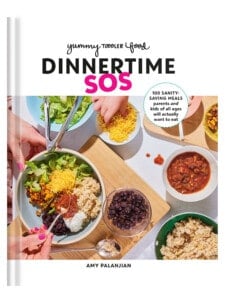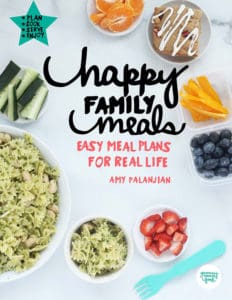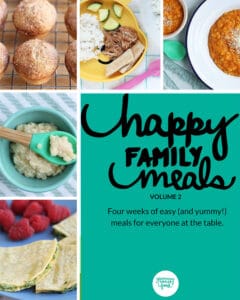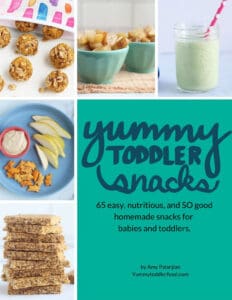Welcome to YTF Community, a place to safely share in the challenges and joys of feeding our families. If you’re looking for recipes, feel free to go right to the home page of yummytoddlerfood.com.

In the eleven years I’ve been a parent, my perspective on feeding kids has changed immensely. Part of it has been the realization that the vast majority of what we see online about how to feed kids is given without acknowledging that we each have different contexts.
It’s that unique context of the life happening around meals in our homes that matters so much. And the unique personalities and life experiences of the kids and the adults also matters. We have to be able to keep this in mind when considering if we have a “picky” eater— and what, if anything, we might be able to do about it.
With that said, here are three things I’ve learned in my own journey about this concept of “picky” eating that I wish I’d known when I was a new parent. The specific ones I think would have spared me a lot of stress and worry.
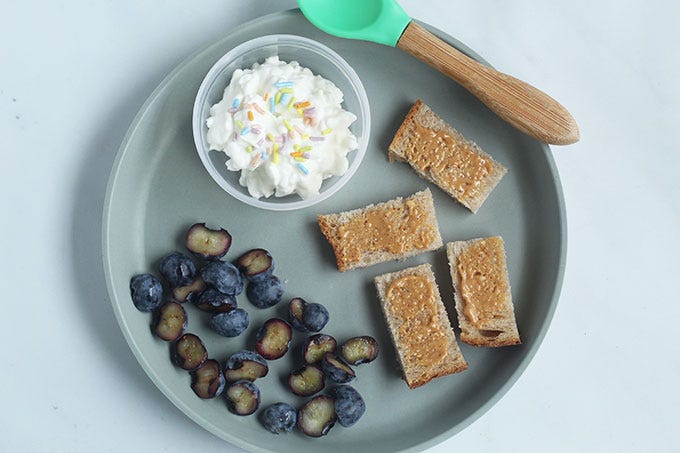
There really is no “normal” in how kids eat—whether they’re siblings, classmates, or strangers. I realize that may sound unhelpful, but it’s been SO freeing to know that comparing what two kids eat is like comparing apples and oranges. And the less we compare one kid to another, the more we can can allow space to see each kid for who they are—with their unique personality and context. It also helps lower the likelihood that some kids will be labeled as “picky” eaters (which often is a label that’s used to mean challenging eaters or even bad eaters) just because they don’t eat like someone else.
My three kids are wildly different eaters and I did a lot of comparing when my third was just not into solids as a baby. (The other two basically dove into food!) But once I realized that he was just being himself, and he was not a problem to solve, I was able to enjoy and appreciate his approach so much more.
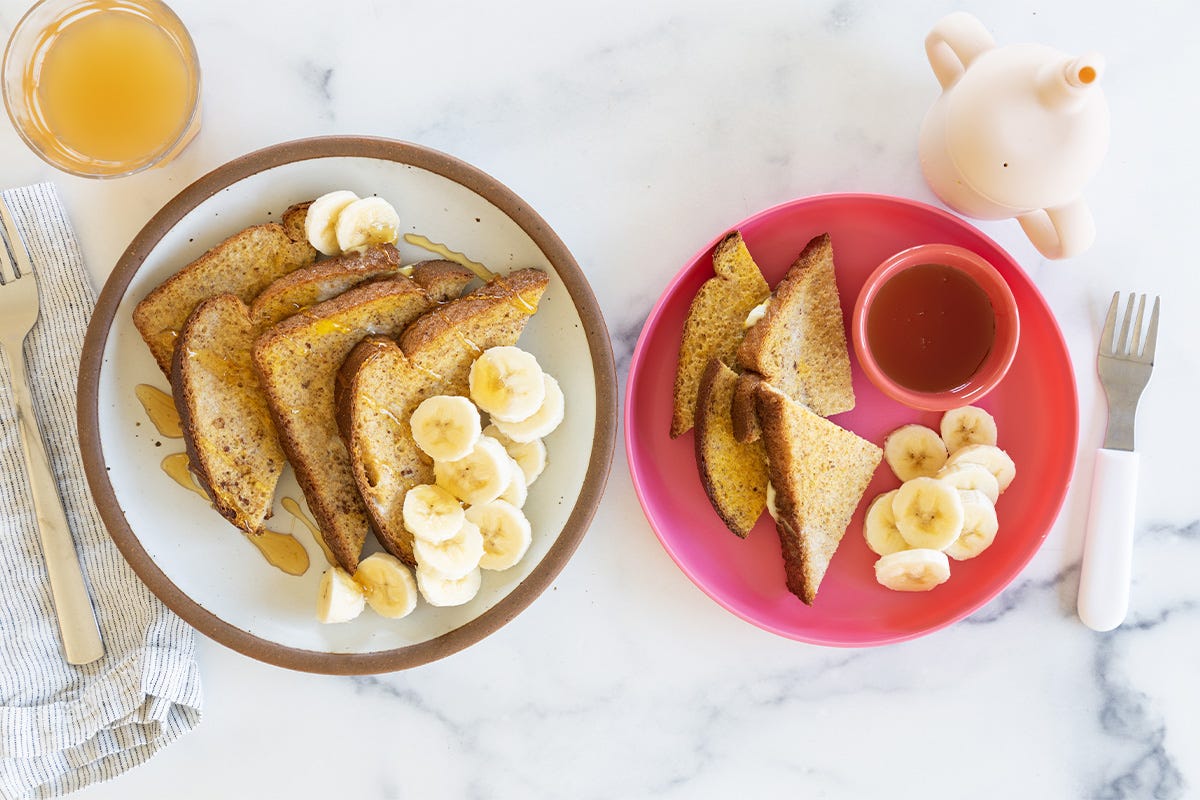
It is incredibly difficult, even impossible, to accurately predict someone else’s hunger. Which often means that if a child is less hungry or more hungry than a care giver expects, we need to remember that is NOT pickiness. Rather, that is proof that it’s hard to guess hunger when we’re not in that other person’s body. And if a child is showing us their hunger, that is a good thing.
I have learned, from feeding experts, my own lived experience, and hearing from families all day, that one of the real hallmarks of how little kids eat is this unpredictability. Yes, most kids have foods they usually love, but there is a very real issue of appetite fluctuation, which includes the phases of preferences (like pints of blueberries for days and then zero for three months, or inhaling the Cliff Kids Z Bars and as soon as you buy the bulk box, no one wants to eat them) and the random foods that randomly please.
And I get it: Knowing that this variability is appetite and preferences is normal doesn’t make the logistics of feeding any easier. BUT: Understanding this larger developmental context can help give us perspective, which in turn eases up the pressure we might otherwise put on to ourselves to “combat” something (as a popular social media account likes to say) that’s not actually a problem.

Mealtime dynamics can make or break a meal…sometimes more than the actual food. And that can make it seem like a kiddo is “picky” when the thing they’re most reacting to isn’t the food at all (or it’s not entirely the food)—it’s everything else. I admit that this one was kind of irritating to realize because it can sound like a lot of pressure for us to perform or be a certain way…and we adults are not always going to be in great moods at the time of the day when everyone is hungry and also tired. Also, we usually need to cook.
But, and this is a big but, this is actually one of the easier things to adjust because it’s much more in our control. Often I just ask myself: How can I make this meal more fun? (My go-to is music or jokes.) Or, what can I change about the way I cook to have a sliver of energy left to potentially entertain the idea of being more present and light-hearted? (Caesar salad kits, frozen chicken nuggets, jars of marinara sauce, rotisserie chicken come to mind.)
Which is another way of saying that kids are smart and can tell when we’re stressed about their eating, when we’re tripping over ourselves to hide veggies in everything, when we’re exhausted from cooking, or when we’re so focused on counting their bites we can’t enjoy our own plate. And none of that helps them relax and enjoy their meals in the short or long term.
Yes, 100%, it can be Very Hard to enjoy meals with little kids. (Sheesh they can be messy! And opinionated! And so good at needing our attention right at the moment when the thing on the stove does too!) But I also know that when we worry less about “getting” the kids to eat, so many things about meals can suddenly feel easier. There may actually be space to enjoy being together. Or to enjoy our own food. Or to see and appreciate what random food combination (ahem, carrots and ketchup) the kids like this week.
(I’m now realizing that I have at least four more things I’d like to add to my list, but I said three so maybe I’ll do a part 2.)
But here’s what I want to end with today. I was driving home from a long weekend with my girls Monday and listened to last week’s episode of Burnt Toast. There was a line about whether someone who’s had an eating disorder can ever really be recovered if they don’t feel safe in their body. And it’s made me keep thinking about that idea of safety. And what if, instead of worrying so much about if kids are “picky”, we considered whether they feel safe and comfortable at the table to just be who they are—with whatever their appetite happens to be at that moment.
I wonder if we might be able to downshift some of our stress about feeding kids if we considered things through that lens. If that might give us a way to see how our kids eat as less of a problem we always need to fix and more as just how they eat right now. Would that change our perspective on this?




